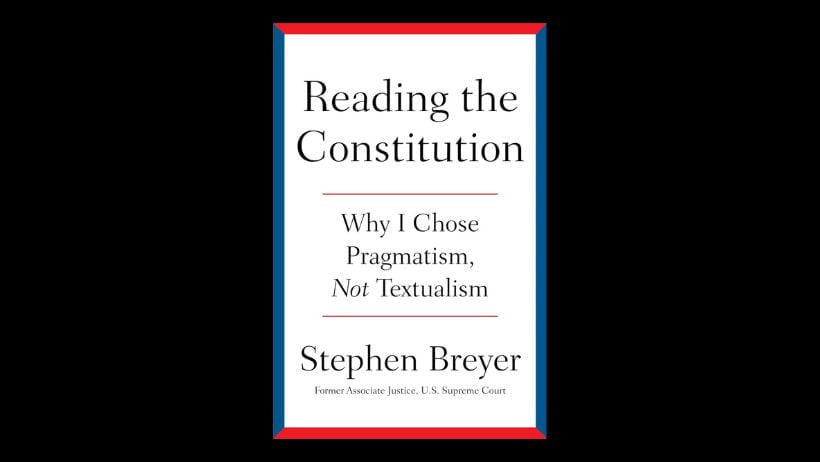Stephen Breyer’s New Book: A Pragmatic Vision for Constitutional Interpretation
Retired Supreme Court Justice Stephen G. Breyer has long been a vocal critic of textualism and originalism, two prevailing approaches to interpreting the Constitution. His latest book, “Reading the Constitution: Why I Chose Pragmatism, Not Textualism,” comprehensively analyses these philosophies and their implications for modern jurisprudence.
Throughout his nearly three decades on the Supreme Court, Breyer championed a pragmatic approach to constitutional interpretation, grounded in the belief that the Constitution must be a living document adaptable to the evolving needs of society. In his book, he draws on Chief Justice John Marshall’s philosophy that the Constitution should be a “workable set of principles” interpreted by subsequent generations.
Breyer’s critique of textualism and originalism extends to their application in recent Supreme Court decisions, particularly in cases concerning abortion rights and gun control. He argues that the textualist approach adopted by the Court’s conservative majority has led to erroneous rulings with far-reaching consequences for the nation.
According to Breyer, one of originalism’s fundamental flaws is its reliance on historical interpretation by judges who lack expertise in resolving contested historical questions. He contends that this approach fails to account for the complexities of modern society and restricts judges’ ability to address contemporary challenges effectively.
In dissecting key Supreme Court cases, such as Dobbs v. Jackson Women’s Health Organization and New York State Rifle & Pistol Association, Inc. v. Bruen, Breyer highlights the limitations of textualism in addressing complex legal issues. He argues that a pragmatic approach is essential for reconciling competing interests and safeguarding the rights of all citizens.
Breyer’s book underscores the importance of considering practical realities and societal developments in constitutional interpretation. He emphasizes the need for judges to weigh the broader implications of their decisions, particularly in cases involving fundamental rights and public policy issues.
Furthermore, Breyer challenges the notion that textualism brings certainty to the law, pointing to ongoing debates surrounding abortion rights and gun regulations. He argues that the Court’s reliance on textualist principles has failed to provide clear guidance on these contentious issues, leaving room for further legal challenges and uncertainty.
While Breyer refrains from directly criticizing his fellow justices, he calls attention to the importance of a balanced and nuanced approach to constitutional interpretation. He urges the Court’s newest members to consider the long-term implications of their interpretive methods and prioritize the integrity of the legal system.
As the Supreme Court grapples with pivotal cases that shape the nation’s legal landscape, Breyer’s book serves as a timely reminder of the enduring relevance of pragmatic jurisprudence. By advocating for a thoughtful and inclusive approach to constitutional interpretation, he offers a compelling vision for the future of American law.
“Reading the Constitution: Why I Chose Pragmatism, Not Textualism” is scheduled for release on March 26, coinciding with oral arguments in a case that will determine access to abortion medication—a timely reminder of the ongoing importance of judicial philosophy in shaping public policy.

